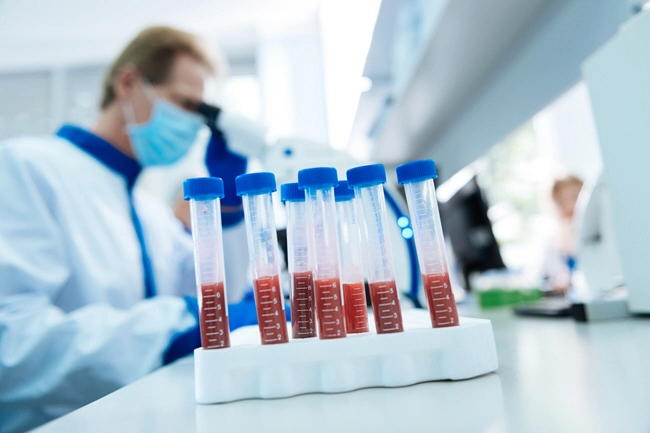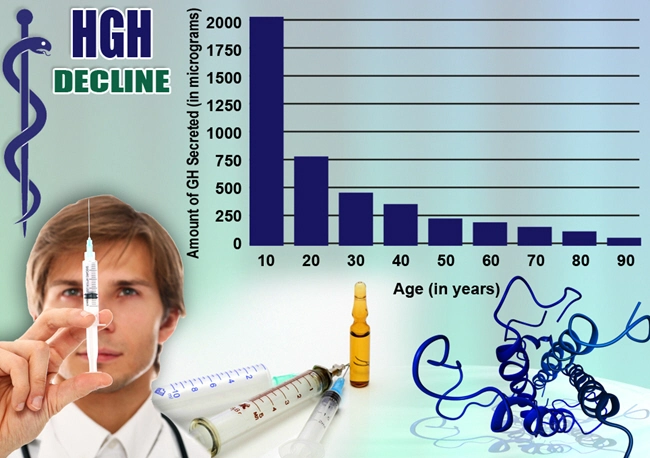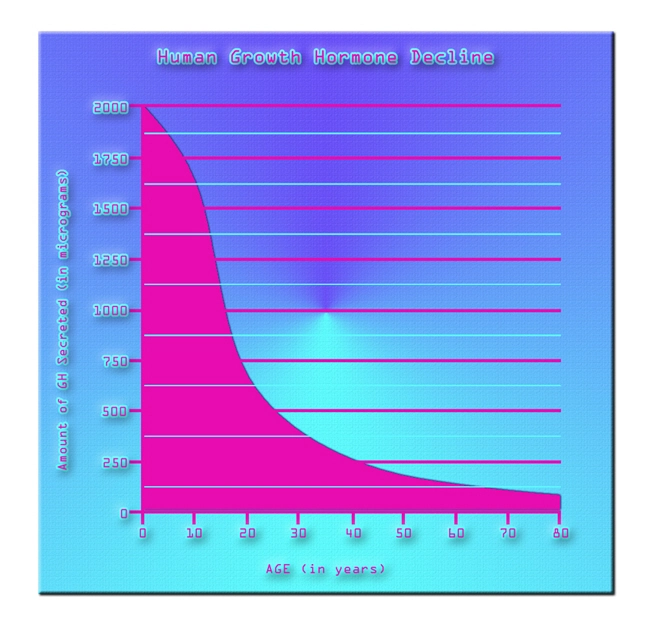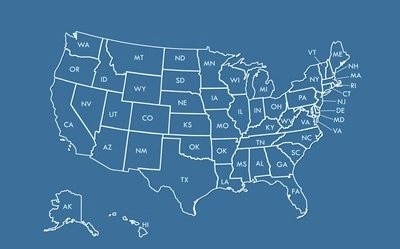
Video Link: https://vimeo.com/291651926
Video Download: Click Here To Download Video
Video Stream: Click Here To Stream Video
A British study has concluded that just a handful of cognitive-behavioral therapy (CBT) conferences with a qualified psychologist may reduce the incidence and intensity of hot flashes that are due to menopause. CBT is a form of psychotherapy, or talk therapy, that focuses on your positive and negative attitudes towards a challenging situation in your life.
 Researchers, whose work is published in Menopause, found that over two-thirds of the middle-aged women involved in their study had significantly reduced hot flashes and night sweats incidences after they had undergone six weeks of CBT. That is a significant amount of patients who benefited from the therapy.
Researchers, whose work is published in Menopause, found that over two-thirds of the middle-aged women involved in their study had significantly reduced hot flashes and night sweats incidences after they had undergone six weeks of CBT. That is a significant amount of patients who benefited from the therapy.
Traditionally, hormone replacement therapy (HRT), such as estrogen and/or progesterone therapy, has been thought of as the best and quickest treatment for menopausal hot flashes and night sweats. However, the female reproductive system is incredibly complex and sensitive to hormonal changes and there are certain cautions and risks (blood clots or cancer) associated with hormone therapy, especially with middle-aged and older women who are beginning to lose the production of these hormones naturally. Therefore, women are looking for alternatives to hormones.
Several alternative approaches like black cohosh, soy, and flaxseed, have been tried but have not been proven as effective in clinical trials as anti-depressants for cooling hot flashes.
Myra Hunter, from King's College London, discussed her results and believes that CBT, when used as a group therapy or self-help therapy, could be a useful option for treatment for women who are transitioning into menopause and also throughout the post-menopausal season. It looks promising as a great therapy option to treat hot flashes and/or night sweats.
CBT is actually used for many other health issues, including insomnia, anxiety/depression and digestive issues. It can used in conjunction with other medications, of course, but its main goal is to reduce or change the negative and unhealthy cognitive patterns one who is suffering can have because these behavior patterns can feed into the physical and mental symptoms. It's all about having a positive attitude in life!
Hunter describes the therapy as suggesting new ways to approach the idea of having hot flashes, as well as the whole idea and outlook on menopause and why women go through it. Breathing exercises are also used in order to turn the woman's attention away from the hot flashes themselves and the negativity surrounding them.
In her study, Myra Hunter randomly assigned 140 women into three different groups: group therapy, self-help therapy and the no treatment group. These women had to have been experiencing hot flashes for at least ten times a week and for over a month.
For the group-based sessions, the groups met four times per month. For the self-help group, the individual women had one in-person meeting as well as a telephone call with a psychologist, and otherwise studied with a workbook on their own.
The study lasted a total of six weeks and 65% of the women in the group-based therapy showed a reduction in the severity of their hot flashes. For the self-help group, 73% found this to be true as well. The women who underwent no treatment at all only experienced a reduction of 21%.
Overall, the women have found better ways to handle the hot flashes on their own and have a more positive attitude towards them. It seems to be all due to the perception of the symptoms. The benefits of the therapy, both group-based and self-help, were still going strong even after six months.
References
Behavioral therapy may help hot flashes: study
https://www.reuters.com/article/us-menopause-therapy-idUSBRE82B01C20120312
Say Goodbye to Hot Flashes
https://mavendoctors.io/women/fitness/say-goodbye-to-hot-flashes-UtJnnSRDNUigLj8z8XO5qw/
Contact Us Today For A Free Consultation
Dear Patient,
Once you have completing the above contact form, for security purposes and confirmation, please confirm your information by calling us.
Please call now: 1-800-380-5339.
Welcoming You To Our Clinic, Professor Tom Henderson.

- New Research on Hormone Replacement Therapy [Last Updated On: December 29th, 2024] [Originally Added On: March 12th, 2021]
- LCN2 Hormone Suppresses Hunger and Stops Cravings! [Last Updated On: January 27th, 2025] [Originally Added On: April 7th, 2021]
- Melatonin: The Body's Master Clock [Last Updated On: December 27th, 2024] [Originally Added On: April 8th, 2021]
- The Importance of Luteinizing Hormone [Last Updated On: December 28th, 2024] [Originally Added On: April 11th, 2021]
- Andropause From The Wikipedia Encyclopedia [Last Updated On: December 29th, 2024] [Originally Added On: April 12th, 2021]
- Finally Explained: The Mysterious Pineal Gland [Last Updated On: December 28th, 2024] [Originally Added On: April 30th, 2021]
- Hormone Therapy May Help Cut Alzheimer's Risk [Last Updated On: November 24th, 2024] [Originally Added On: May 18th, 2021]
- Androgel : Men Getting Their Mojo Back! [Last Updated On: May 12th, 2025] [Originally Added On: May 21st, 2021]
- HGH Secretagogue [Last Updated On: November 24th, 2024] [Originally Added On: May 22nd, 2021]
- Hormone Replacement Therapy Safe, Study Suggests [Last Updated On: May 17th, 2025] [Originally Added On: May 24th, 2021]
- The HGH Recommended Medical Dosage - The Importance of Blood Work [Last Updated On: November 24th, 2024] [Originally Added On: May 25th, 2021]
- Act Now to Prevent the Increasingly Common Condition of Hypothyroidism [Last Updated On: October 23rd, 2025] [Originally Added On: June 21st, 2021]
- A Toxic Hormone is Altering the Sex and Reproduction of Aquatic Life in United States Streams [Last Updated On: November 24th, 2024] [Originally Added On: August 16th, 2021]
- Heart Benefits From Hormone Replacement Therapy? [Last Updated On: November 22nd, 2024] [Originally Added On: August 18th, 2021]
- Risks of Hormones in Early Menopause Challenged [Last Updated On: November 21st, 2024] [Originally Added On: August 24th, 2021]
- Comprehensive Hormone Replacement Therapy with Tesamorelin [Last Updated On: May 5th, 2025] [Originally Added On: September 18th, 2021]
- Early Hormone Replacement Therapy May Lower Alzheimer Risk [Last Updated On: November 14th, 2024] [Originally Added On: October 25th, 2021]
- Stimulate HGH: Growth Hormone Secretagogue: Sermorelin Acetate [Last Updated On: November 20th, 2024] [Originally Added On: October 25th, 2021]
- Growth Hormone Therapy Reverses Biological Age In Groundbreaking Study [Last Updated On: November 11th, 2024] [Originally Added On: October 25th, 2021]
- Estrogen HRT May Reduce Breast Cancer Risk [Last Updated On: November 9th, 2024] [Originally Added On: October 26th, 2021]
- Hormone Replacement Therapy is Safe [Last Updated On: November 15th, 2024] [Originally Added On: October 26th, 2021]
- The Benefits of IGF-1 [Last Updated On: November 10th, 2024] [Originally Added On: October 26th, 2021]
- Insulin-Similar Growth Factor Benefits [Last Updated On: November 16th, 2024] [Originally Added On: October 26th, 2021]
- Growth Hormone Dosage [Last Updated On: November 8th, 2024] [Originally Added On: October 26th, 2021]
- Growth Hormone Sprays [Last Updated On: November 7th, 2024] [Originally Added On: October 26th, 2021]
- The Best Ways to Boost Growth Hormone [Last Updated On: November 13th, 2024] [Originally Added On: October 26th, 2021]
- Growth Hormone Explained [Last Updated On: November 17th, 2024] [Originally Added On: October 26th, 2021]
- What Men Need To Know About Testosterone And Growth Hormone [Last Updated On: November 5th, 2024] [Originally Added On: October 26th, 2021]
- Growth Hormone and Gene Therapy [Last Updated On: November 6th, 2024] [Originally Added On: October 26th, 2021]
- Growth Hormone and the Law [Last Updated On: November 4th, 2024] [Originally Added On: October 27th, 2021]
- Growth Hormone and the Hypothalamus Gland [Last Updated On: November 3rd, 2024] [Originally Added On: October 27th, 2021]
- Growth Hormone and Testosterone Replacement Therapy [Last Updated On: January 2nd, 2025] [Originally Added On: October 27th, 2021]
- Growth Hormone and Pneumonia [Last Updated On: November 2nd, 2024] [Originally Added On: October 27th, 2021]
- An Introduction to Growth Hormone [Last Updated On: November 1st, 2024] [Originally Added On: October 27th, 2021]
- General Physician Versus Hormone Specialist – Some Symptoms Require a Specialist to Heal [Last Updated On: September 6th, 2025] [Originally Added On: March 18th, 2022]
- Hormone Impacts And Function Of HGH [Last Updated On: December 20th, 2024] [Originally Added On: July 10th, 2022]
- Cheaping Out on HGH Therapy – JUST DON’T DO IT [Last Updated On: September 18th, 2025] [Originally Added On: July 12th, 2022]
- Slow Aging with Growth Hormone [Last Updated On: May 27th, 2025] [Originally Added On: July 17th, 2022]
- Hormone Therapies: How They Have Evolved and Are Evolving [Last Updated On: September 10th, 2025] [Originally Added On: February 10th, 2023]








